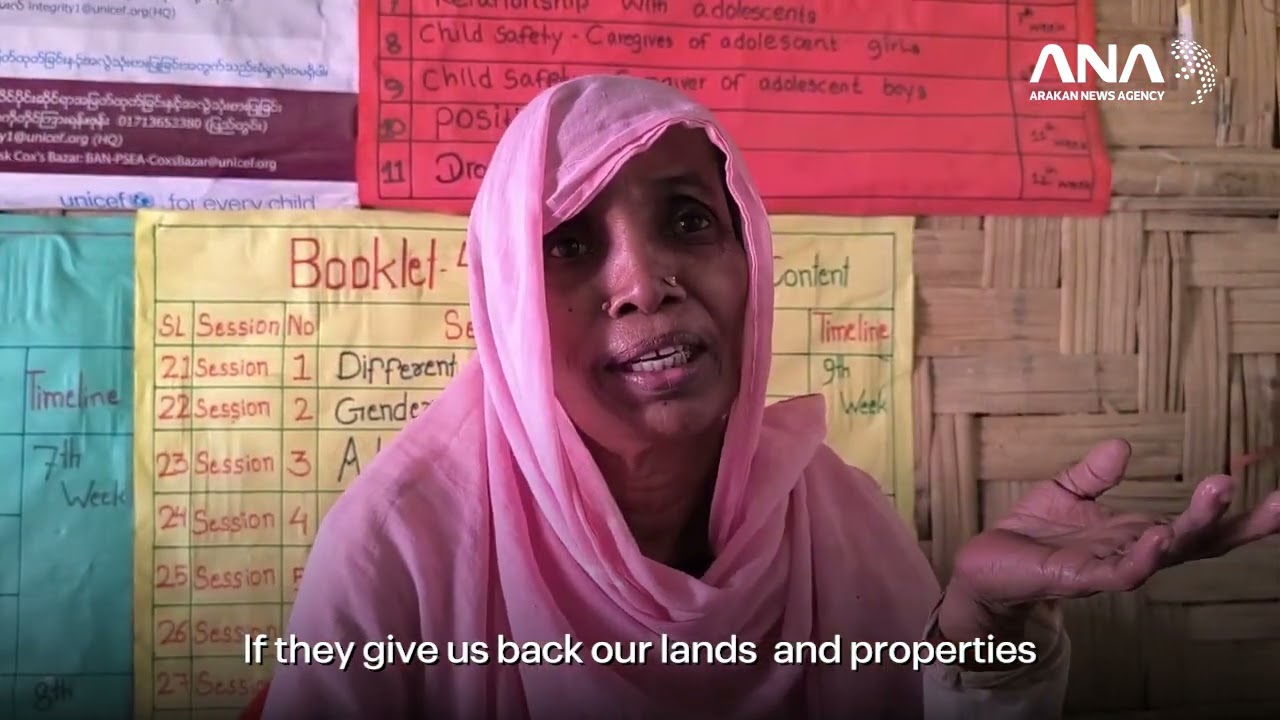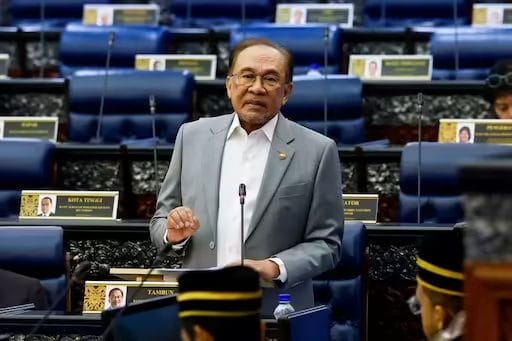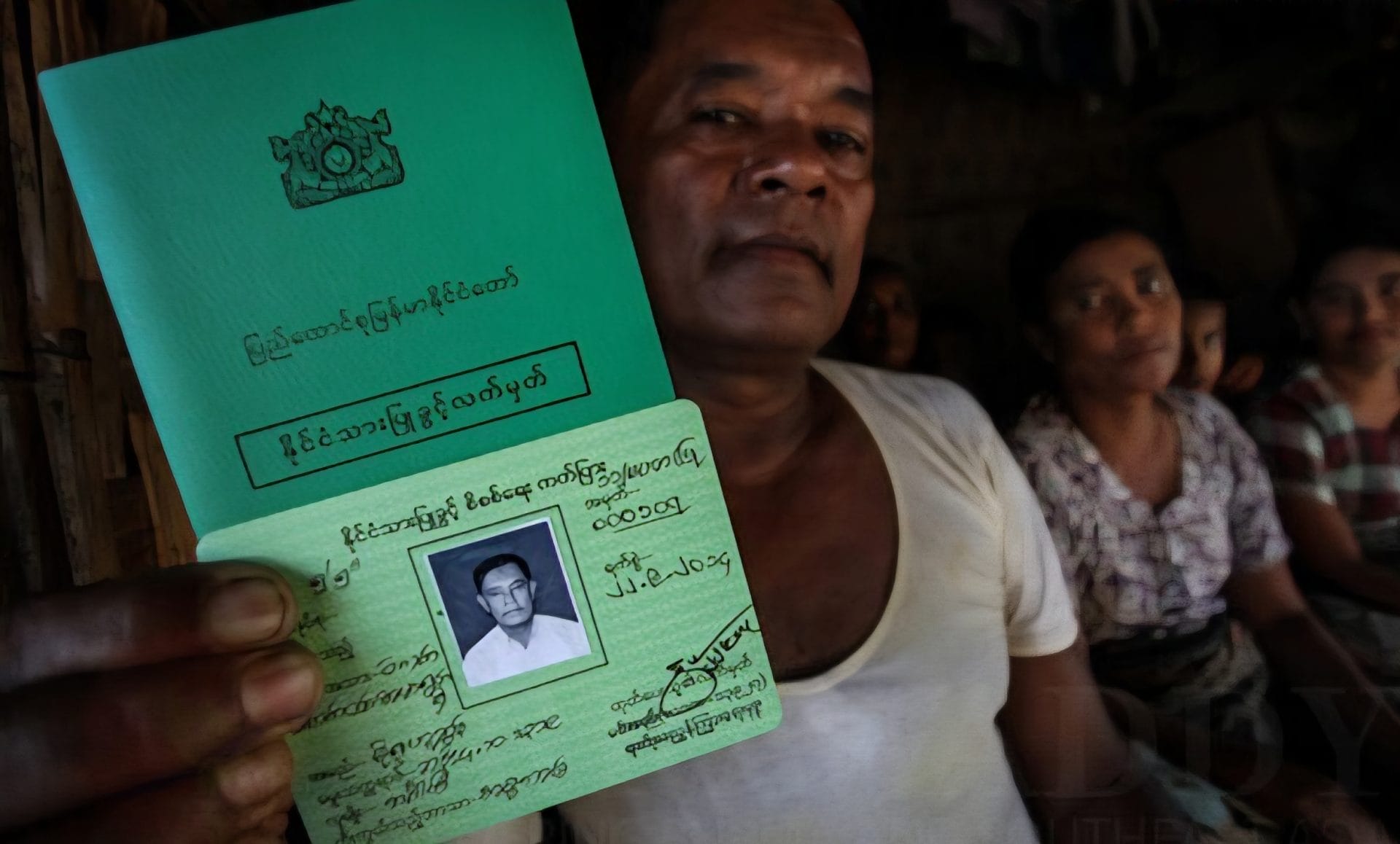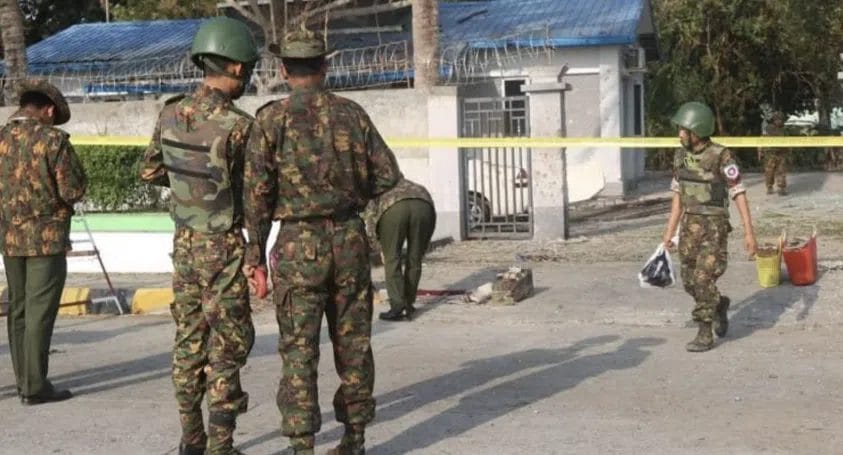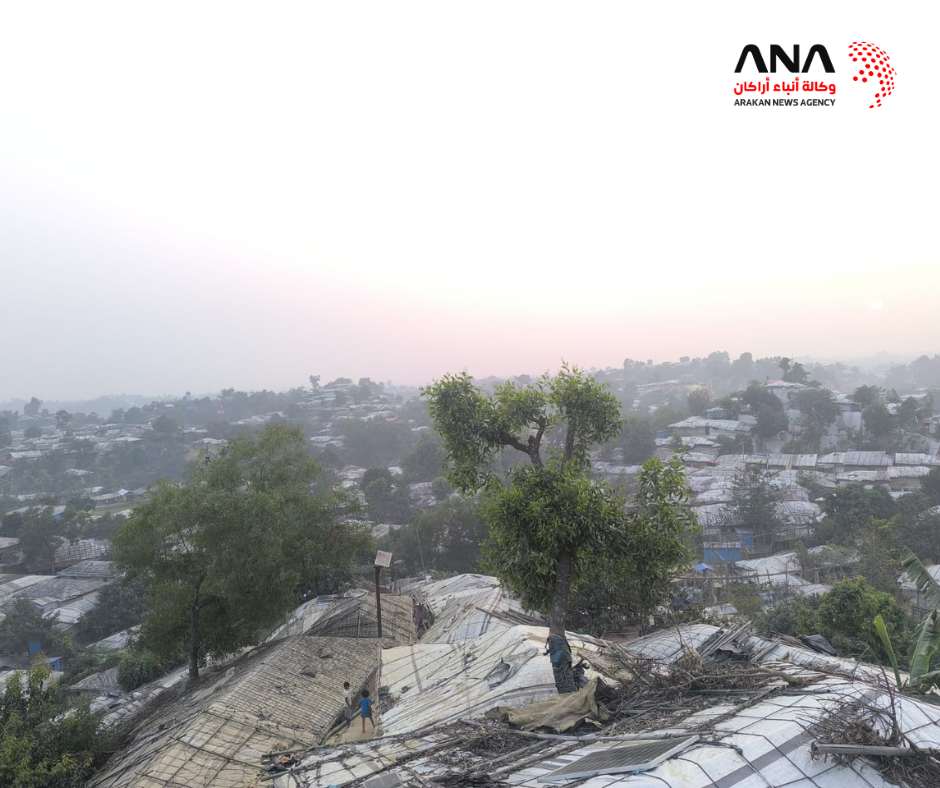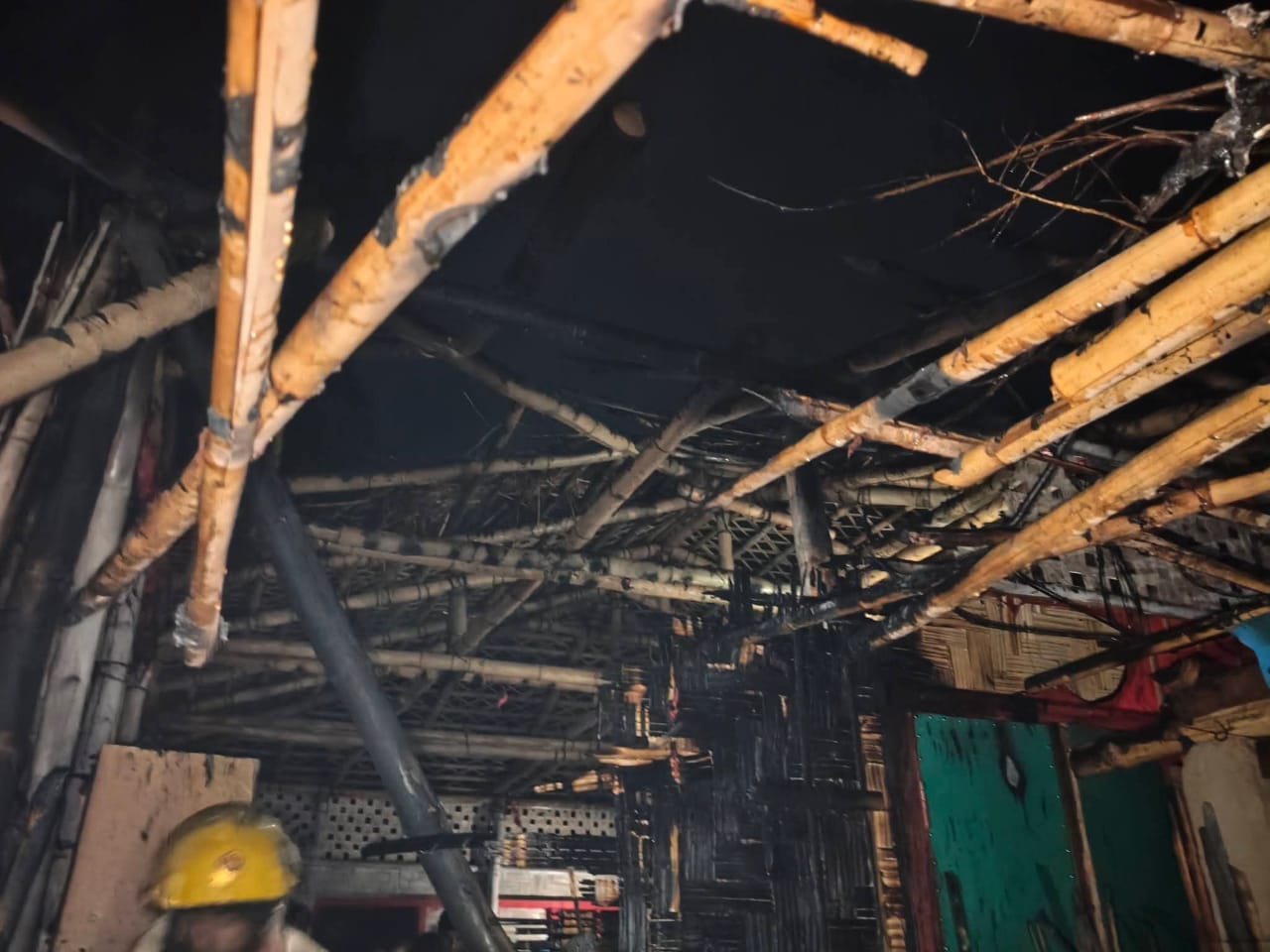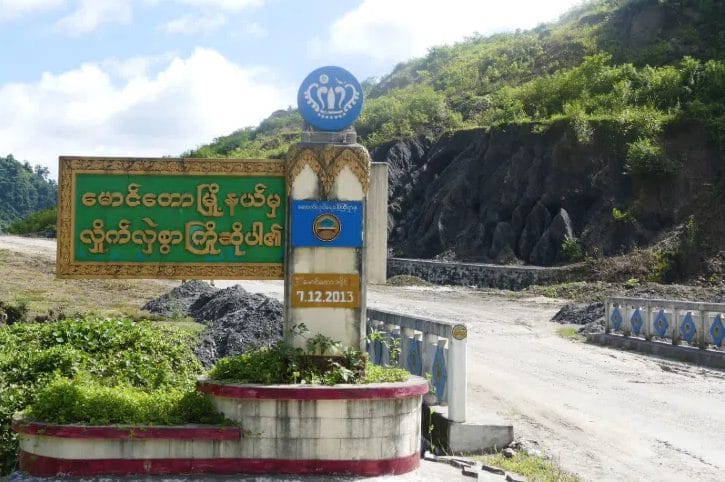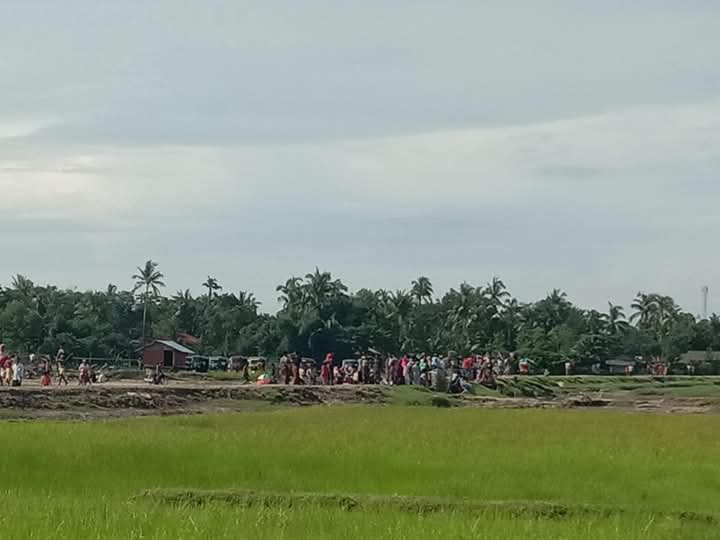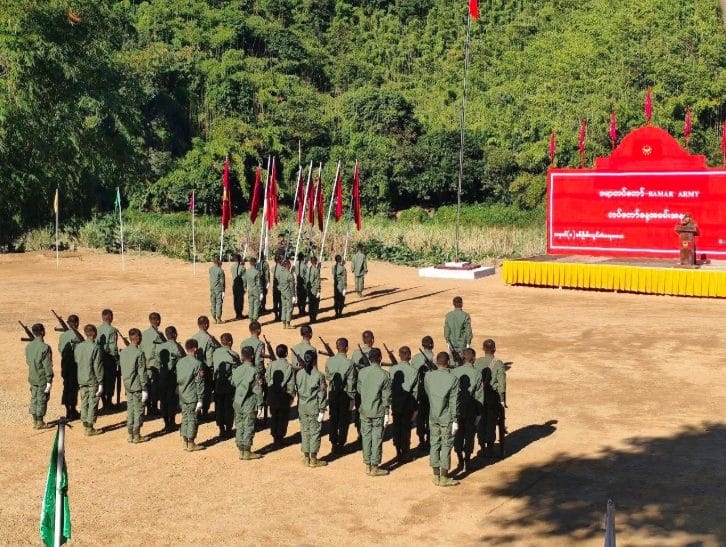Arakan News Agency | Exclusive
“Returning Home” has been always the word Rohingya refugees have been waiting for after they were forced to flee their homeland in Myanmar due to genocide. Despite being a long-awaited dream, the “come home” announcement by Myanmar evoked many feelings for Rohingya, and not all of them were joy related.
The news virally spread in Rohingya refugee camps in Bangladesh, where more than a million of them live, “Myanmar announces 180 thousand eligible for return”. The long-awaited news has only aroused doubts and fears amongst refugees, who realized that it is premature to declare festivities as the way doesn’t seem easy ahead of them.
Vagueness engulfs the repatriation mechanism as the government in Myanmar lacks control over Arakan (Rakhine) state where Arakan Army (AA) dominates and continues its violations against Rohingya, and there are no security guarantees or a clear roadmap for regaining citizenship rights for Rohingya.
As the news spread widely across newspapers as a diplomatic victory for Bangladesh or a step ahead the road of finding a solution for Rohingya crisis, the Rohingya remain anxious about the future fearing it might be worse and more fatal than their past.
Excitement marred with fears

Several Rohingya refugees told Arakan News Agency (ANA) that the news brought mixed feelings; as they feel excited to return home while also fearing to step feet inside Arakan where they witnessed killings, displacement and were denied citizenship. They say they don’t know what they are getting back to.
“We are really happy with the news, but many refugees are worried and won’t return without security is guaranteed by the United Nations, as the situations remain dangerous in Myanmar and militias are still present”, the Rohingya refugee “Musa” told ANA.

He added that if situations in Myanmar get better and Rohingya rights are upheld, the Rohingya will definitely return to Myanmar. “If we ‘re planned to be put inside internally displaced camps we won’t go back. We can’t live in camps in our home. Our houses and lands must be given back to us by whoever is having control over them”, he states.
Another Rohingya refugee “Abdul Hashim” told ANA that the news brought huge pleasure to him and that he is ready to go back home, however, he showed grave concern over not receiving clear information from governments of Myanmar or Bangladesh about the mechanism and steps of repatriation.
“There is no clarity about if our Rohingya identity will be recognized, or upon which grounds we will be brought back. Also, situation in Arakan is worrisome as there is no actual presence of Myanmar government there, while AA has established its own governance in the state. our security can’t be guaranteed”, Abdul Hashim added.

He elaborated that only if UN peace keeping mission or international protection are present, Rohingya will be ready to officially return to Myanmar if they will be recognized and their rights are preserved.
For “Noor Aisha”, a Rohingya refugee, the repatriation must be paired with returning all assets that were confiscated from Rohingya, adding that Rohingya are living in Bangladesh as refugees and can’t live similarly in their homeland.
“The news is so delightful, but if we weren’t given our rights our situation might exacerbate. We had jobs, assets and peace back home and if we ‘re given back what was taken we will return immediately”, she states.
Who guarantees?
An outsider would perceive the news as preparations for repatriation of Rohingya and solving their crisis, but Rohingya observers and activists see it as an international hoax by Myanmar government that has no control over Arakan state where it is allowing Rohingya to return, after AA tightened its grip on large swathes of it.

The Co-founder of Rohingya Free Coalition (RFC), Nay San Lwin, told ANA that the ruling military council in Myanmar doesn’t control Rohingya’s historic territories Arakan, and has no means to apply this decision as it presented no clear promises and vision to help Rohingya return.
The prominent activist stated that Bangladesh government will have to hold talks with AA as it controls the area. Although it is possible for the Rohingya to return and regain their rights in Arakan, this depends on the Arakan Army, not the military junta in Myanmar”, he added.
Nay San Lwin asserted that guarantees must be provided for Rohingya; the most important is the right to return to their original towns in Arakan, having the same rights as other ethnic groups in Myanmar, and recognizing their Rohingya identity.
He also stated that the Myanmar military ruling council is taking advantage of the Rohingya cause to gain wider international recognition and break its international isolation. He said that the Rohingya crisis will only be solved by realizing the return of all Rohingya refugees in Bangladesh to their original towns and regaining their rights in Arakan.
Legitimate questions
With optimism comes cautiousness, as many activists and refugees start to wonder how the Rohingya will be returned and with which mechanisms.
King Maung, the executive director of Rohingya Youth Association (RYA), hailed the news but asserted that Numbers of the returning isn’t the utmost priority.
“We aren’t asking about the number of returnees, but how they will return. If the return takes place without land, rights, or recognition, then this is not resettlement, but a new persecution. We want justice, security, and our place in Arakan”, Maung told “Rohingya Khobor”.
Another prominent Rohingya activist, Habib Arakani, expressed his doubts about this repatriation as most of Arakan is under the control of anti-Rohingya AA group, which has a long record of violations against Rohingya.
“The Myanmar military didn’t leave Arakan for peace, but because it lost the war. How can the same military claims now that it will protect us?” he asked. Habib also wondered if the Rohingya returnees will be released in areas controlled by the Arakan Army, where reports about Rohingya being subjected to forced labor, intimidation, and confiscation of property and land continue to emerge.
Despite fears and doubts, this news has revived the Rohingya’s dreams of a homeland and a dignified life, even though the reality may not be promising given the lack of control the Myanmar military over Arakan, and the Rohingya’s homes and land are under the control of the Arakan Army and the Rakhine community.
As promises lack implementation mechanisms on the ground, and political will and security guarantees are absent, Myanmar’s assertion that 180,000 Rohingya are eligible to return to their homeland appears to be a void promise, while actual concerns remain unresolved. The Rohingya continue to demand more than just a symbolic return, but rather a future where they enjoy dignity, security, and rights.


